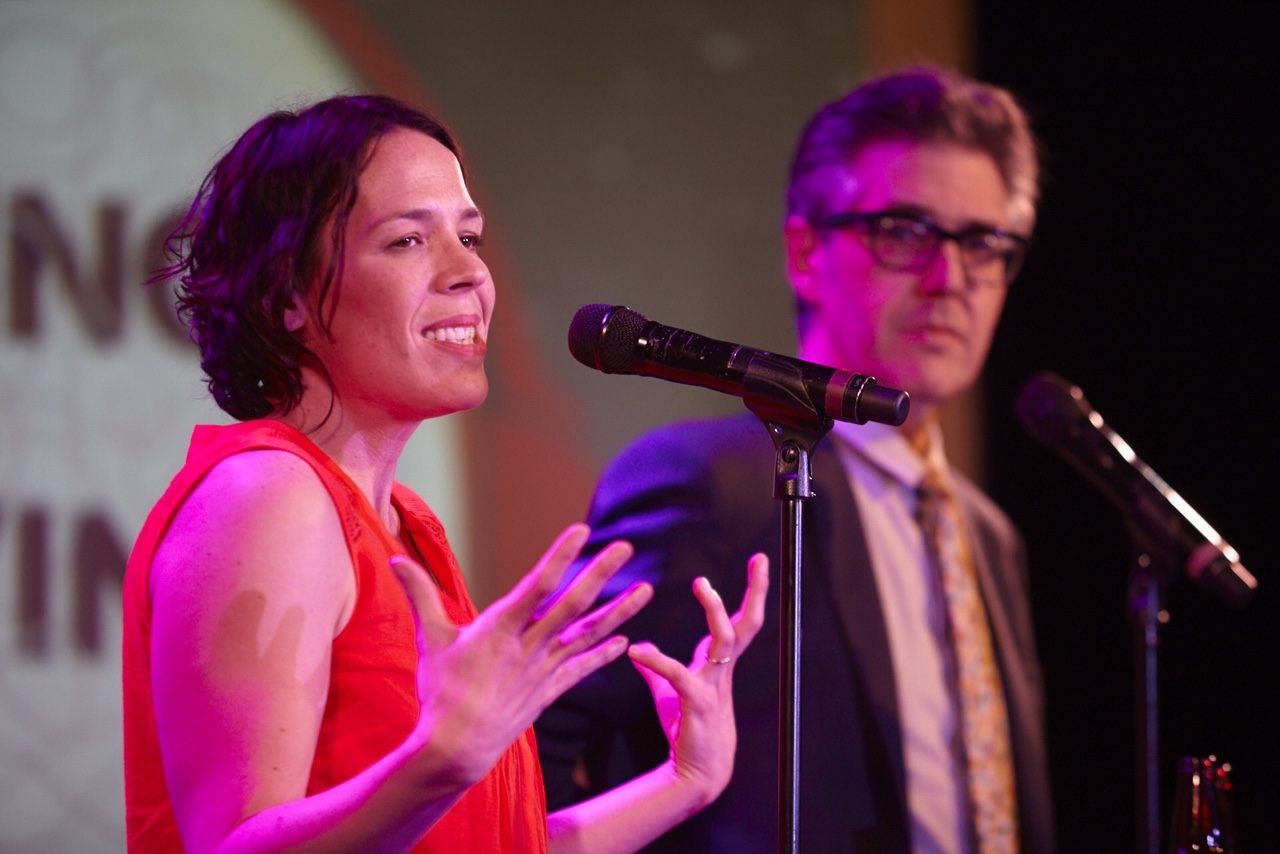Tag: Advertising
How smarter ad pricing could revitalize podcast revenue
It’s clear that studios are severely undervaluing their podcast audiences.NPR taps Triton for podcast ad platform
NPR picks a new company for its podcast ads.As podcast revenues climb, NPR board questions effect on radio sales
With podcast revenues and downloads climbing, the NPR board discussed underwriting standards and the impact on broadcast underwriting.Awl author calls for a critical eye on podcast advertising
A public radio producer lays out an argument for how unfettered advertising on podcasts compromises public media's mission.Public radio podcasters woo Madison Avenue
NPR, WNYC and WBEZ invited advertisers to their first podcasting upfront.Justice Dept. asks Ninth Circuit to reconsider pubcasting ad decision
The U.S. Department of Justice is asking the Ninth Circuit Court to reconsider its April decision that a federal law banning public ...Frontline’s producer on pledge shows and online ads
... This is our deepest embarrassment as public broadcasters. I have heard the arguments, and I understand the imperatives, but to think ...Temporary Commission on Alternative Financing, 1993
The Temporary Commission on Alternative Financing for Public Telecommunications (TCAF) delivered its recommendations to Congress on Oct. 1, 1983, after extensive ...Let’s do it: PTV Weekend is worth trying
A debate on the proposed PTV Weekend experiment for two-nights-a-week advertising on public TV For the plan, below: Mike Hardgrove, president of public ...Critics arise as PTV Weekend plan gets some ink
Lawrence Grossman’s PTV Weekend proposal for experimentation with a two-night commercial network for public TV stations — described for the first time ...Let’s not do it: PTV Weekend is a bad idea
A debate on the proposed PTV Weekend experiment for two-nights-a-week advertising on public TV Against the plan, below: Fred Esplin, general manager of ...PTV Weekend: Notes on Questions, Concerns, Strengths and Benefits
James Fellows, long active in public TV’s national leadership and founder of Current, analyzed the PTV Weekend proposal, when it was published in ...PTV Weekend proposal by Lawrence Grossman, 1997
In May 1997, former PBS President Lawrence K. Grossman put forth results of a study backed by the Markle Foundation. He proposed ...Temporary Commission on Alternative Financing, 1983
The Temporary Commission on Alternative Financing for Public Telecommunications (TCAF) delivered its recommendations to Congress on Oct. 1, 1983, after extensive research, ...Temporary Commission on Alternative Financing, 1983
The Temporary Commission on Alternative Financing for Public Telecommunications (TCAF) delivered its recommendations to Congress on Oct. 1, 1983, after extensive research, ...




